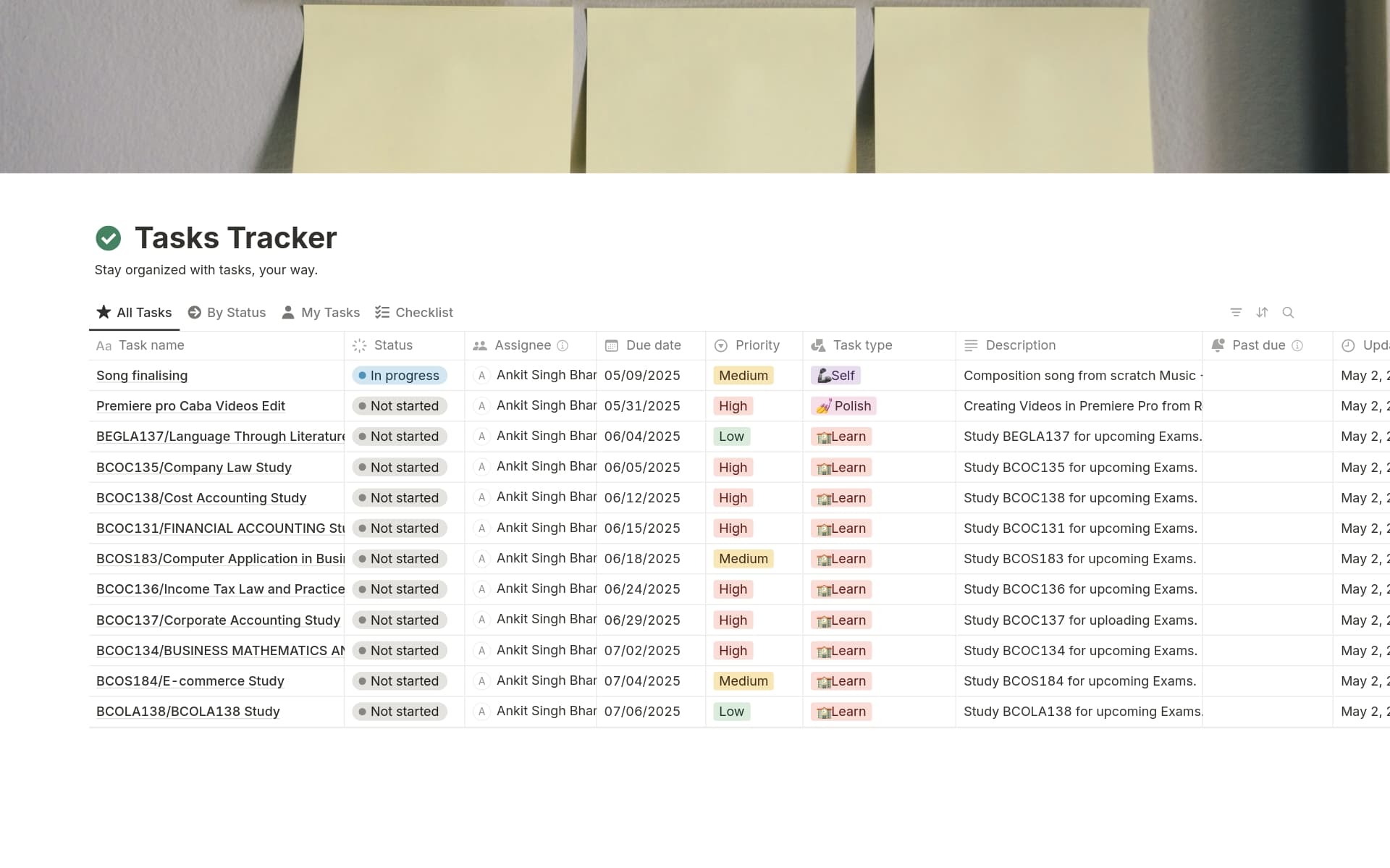Corporate contracts are essential for clearly defining the terms, conditions, and expectations between parties in a business relationship. They help mitigate risks, protect intellectual property, and ensure that all parties are on the same page regarding their obligations. A Corporate Contracts Notion template can streamline the process of drafting agreements by providing a structured format that can be customized to suit different types of contracts and business needs.
Before you dive into creating your own corporate contracts, take a look at these Notion templates below to simplify the process and ensure you cover all necessary legal grounds.
What Should Corporate Contracts Templates Include?
Choosing the right Corporate Contracts template in Notion can streamline your business processes and ensure all legal bases are covered. Here are key components to look for:
Comprehensive Clauses: The template should include detailed sections covering all standard legal clauses such as liabilities, confidentiality, and termination terms to protect both parties.
Customization Flexibility: It should offer easy customization options to tailor specific terms and conditions according to your company's needs without compromising on legal standards.
Clear Definitions and Language: Ensure that the template uses clear and concise language to avoid ambiguities that could lead to legal disputes. Definitions for all terms should be included to enhance clarity.
Integration Capabilities: A good template should seamlessly integrate with other tools and platforms used by your company, facilitating smoother workflow and data consistency.
Selecting a well-structured template can significantly affect how effectively your corporate contracts are managed and executed, saving time and reducing errors.
What Should Corporate Contracts Templates Avoid?
When selecting a corporate contracts template in Notion, it's essential to be aware of certain elements that can complicate or invalidate your agreements. Here are three key components to steer clear of:
Overly Complex Language: Avoid templates that use dense, legalistic jargon. They should be straightforward to ensure clear understanding and enforceability.
Irrelevant Clauses: Templates should not include unnecessary clauses that do not pertain to your specific business needs. This can lead to confusion and potential legal issues.
Lack of Customization Options: Choose templates that allow you to easily modify terms. Rigid templates that don't offer customization can hinder their applicability to different scenarios within your business.
Choosing the right template involves more than just filling in the blanks; it requires careful consideration to ensure that the contract serves its intended purpose without creating additional hurdles.




